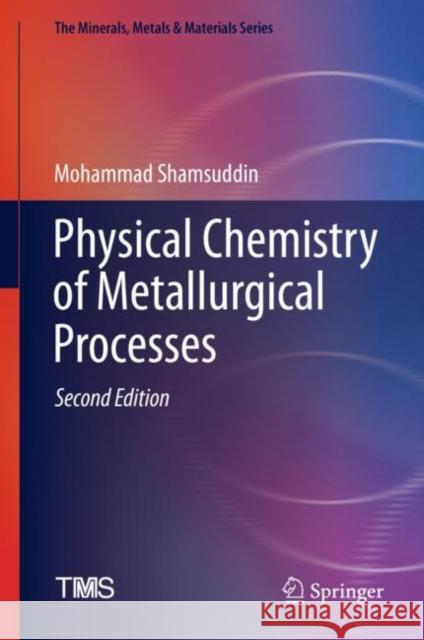Physical Chemistry of Metallurgical Processes, Second Edition » książka
topmenu
Physical Chemistry of Metallurgical Processes, Second Edition
ISBN-13: 9783030580681 / Angielski / Twarda / 2021 / 608 str.
Physical Chemistry of Metallurgical Processes, Second Edition
ISBN-13: 9783030580681 / Angielski / Twarda / 2021 / 608 str.
cena promocyjna 266,98
(netto: 254,27 VAT: 5%)
533,97
Rabat: -50%
Najniższa cena z 30 dni: 424,07
(netto: 254,27 VAT: 5%)
Rabat: -50%
Najniższa cena z 30 dni: 424,07
Termin realizacji zamówienia:
22 dni roboczych
22 dni roboczych
Darmowa dostawa!
Zobacz inne książki w promocji: Wyprzedaż publikacji z zakresu nauk stosowanych
Kategorie:
Kategorie BISAC:
Wydawca:
Springer
Seria wydawnicza:
Język:
Angielski
ISBN-13:
9783030580681
Rok wydania:
2021
Wydanie:
2021
Numer serii:
000806932
Ilość stron:
608
Waga:
1.17 kg
Wymiary:
23.88 x 19.81 x 3.56
Oprawa:
Twarda
Wolumenów:
01











